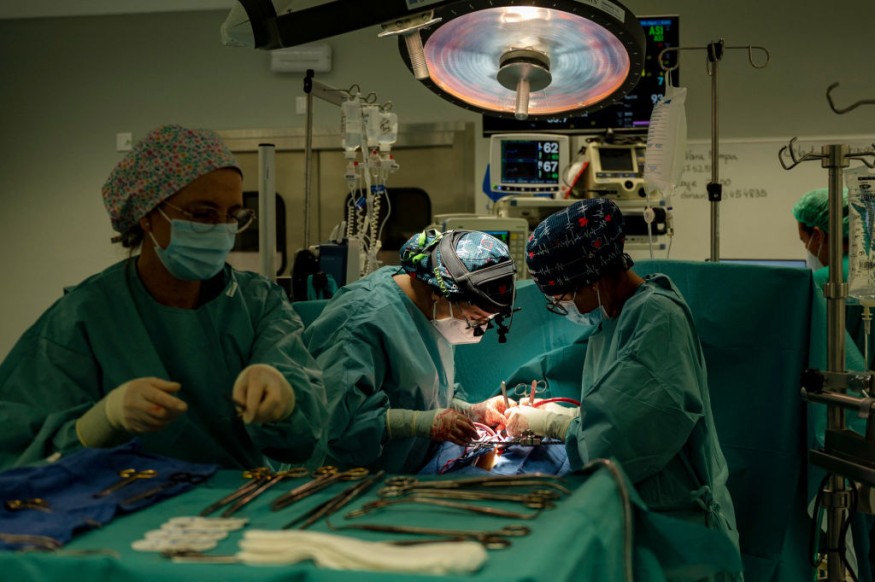Organ transplantation has been one of the medical wonders developed in the field of medicine, particularly in area of surgery, amid modern times.
However, the method is a complex process that includes a set of specific routine procedures that could define the success or failure of an operation.
Organ transplants include the heart, kidney, liver, lung, pancreas, and intestine.
However, its compatibility is strict with regard to the blood types and other factors between the recipient and donor.
The process often occurs during an emergency or during other life-threatening instances like the development of organ diseases.
Further advancement in the method is possible following new research in the field of pharmacodynamic (PD) studies, wherein scientists said that "transplanted organoids" could allow human preclinical assessment, and even help in the treatment of many organ diseases.
Organoid Transplantation

In the new study published in the journal Science Advances on Wednesday, July 6, scientists used PD studies as an essential part of preclinical drug discovery, which aims to address problems linked with organ diseases.
In the study, the researchers in Cambridge and their collaborators focused on the novel approach in the field using "transplanted, perfused human kidney organoids."
Organoids are not a whole organ system, but rather, tiny tissue cultures extracted from stem cells.
If proven to be successful in the future, organoids could help not only scientists but also medical professionals treat organ failures and organ system diseases without the need for a full-blown organ transplant.
Also Read: California Legislature Approves Bill Allowing Organ Transplant Between HIV-Infected Patients
Organ System Diseases
Our body organs are susceptible to various diseases, whether they take in the form of cancer, such as malignant tumors, pathogens like viruses and bacteria, and innate medical conditions not caused by the first two variables mentioned.
In the past, a whole organ is required in exchange for another organ that is in a "dying phase" or in a state of malfunction.
In the new study, the scientists acknowledged that organoids have not been used at the time of their reporting to reflect or capture what a drug's effect on intact organism, such as human, dog, mouse, and rat.
According to the non-profit organization United Network for Organ Sharing (UNOS), the following diseases could lead to organ failure and transplant:
- Cardiomyopathy
- Cirrhosis
- Chronic obstructive pulmonary disease (COPD)
- Coronary heart disease
- Cystic fibrosis
- Diabetes
- Hepatitis
- Idiopathic pulmonary fibrosis (IPF)
- Polycystic kidneys
- Short gut syndrome
Organ Transplant Challenges
There are non-emergency circumstances in which patients have to wait their respective medical facility to find a potential donor, so the transplant process could push through.
In the United States, nearly 106,000 people are on the waiting list for being included in a life-saving organ transplant.
The figure has been the lowest since 2009, with the highest list number of 124,000 back in 2014, according to the American Transplant Foundation.
The challenge of time constraints associated with organ transplant has resulted in an average of 17 deaths each day due the unavailability of organs for transplant, the foundation added.
In certain countries or territories, there are instances where body organs and tissues are acquired by health authorities from a person after death.
This is for the purposes of being used for the said patients waiting in line.
© 2025 NatureWorldNews.com All rights reserved. Do not reproduce without permission.





